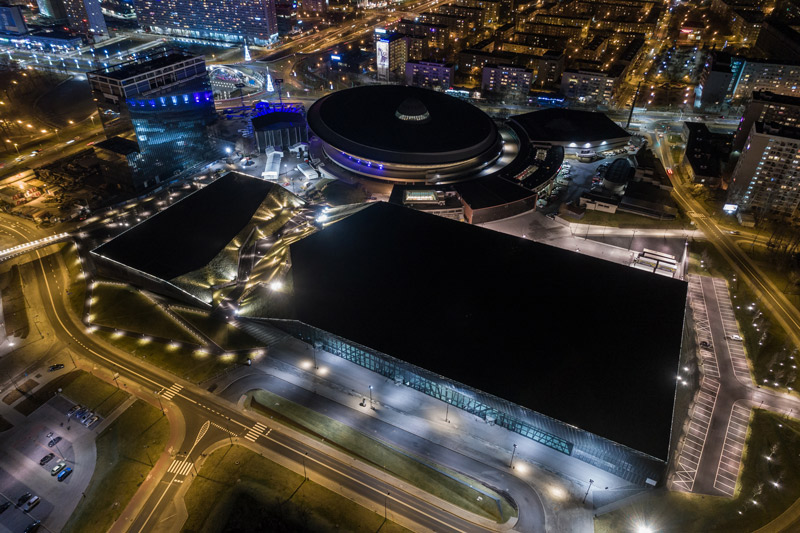If we’re going to effectively fight climate change, we definitely need better technology. We’ll always need to produce energy, feed ourselves, move around and heat our homes, but the way we do all of these things needs to change. Reducing greenhouse-gas emissions, moving away from oil, gas and coal, is essential. How do we manage the transition and who’s going to pay for it?
Let’s start with an encouraging number – 1% of annual global income. That’s how much it would take, given the current state of technology, to control the effects of climate change. There are already lots of reasons to get excited! For starters, new generations of electric vehicles, can have a major impact. Think about it! They are a zero-emissions alternative that can potentially use nuclear power and/or a wide range of sustainable energy sources like the sun or wind. That means they can potentially feed the power grid that’s charging their batteries. Those same energy sources can also be used to split water and produce hydrogen. Battery capacity is another major issue, but not in the way you may think. A bigger battery lets you go further before having to recharge, but that’s not all. Electric vehicles can do more than take power from a smart power grid, they can also give it back! When parked, an electric vehicle (or fleet) can potentially swap roles with the grid – becoming a supplier of energy. This means that, in the future, we could potentially move away from the notion of users and suppliers towards a self-sustaining ecosystem. That’s just one of the technologies that are already in the pipeline….a building block in a major shift that’s waiting to happen!
In a city of the future, there will be automated, energy-efficient, intelligent superfast transportation networks capable of generating energy and charging vehicles as they travel. How far away is that future? Well, it’s going to take some time to develop the appropriate infrastructure. There are other critical questions too – like who’s going to pay for this revolution?! The road to managing the transition from traditional gas is long, winding and tricky. There a lot of important issues to discuss and questions to answer. What is clear is that zero-emissions public and private transportation powered by alternative fuels is one of the keys to a more efficient and environmentally-friendly society! How do we make that trip as quickly and as seamlessly as possible? This thematic track is here to help you figure that out!



